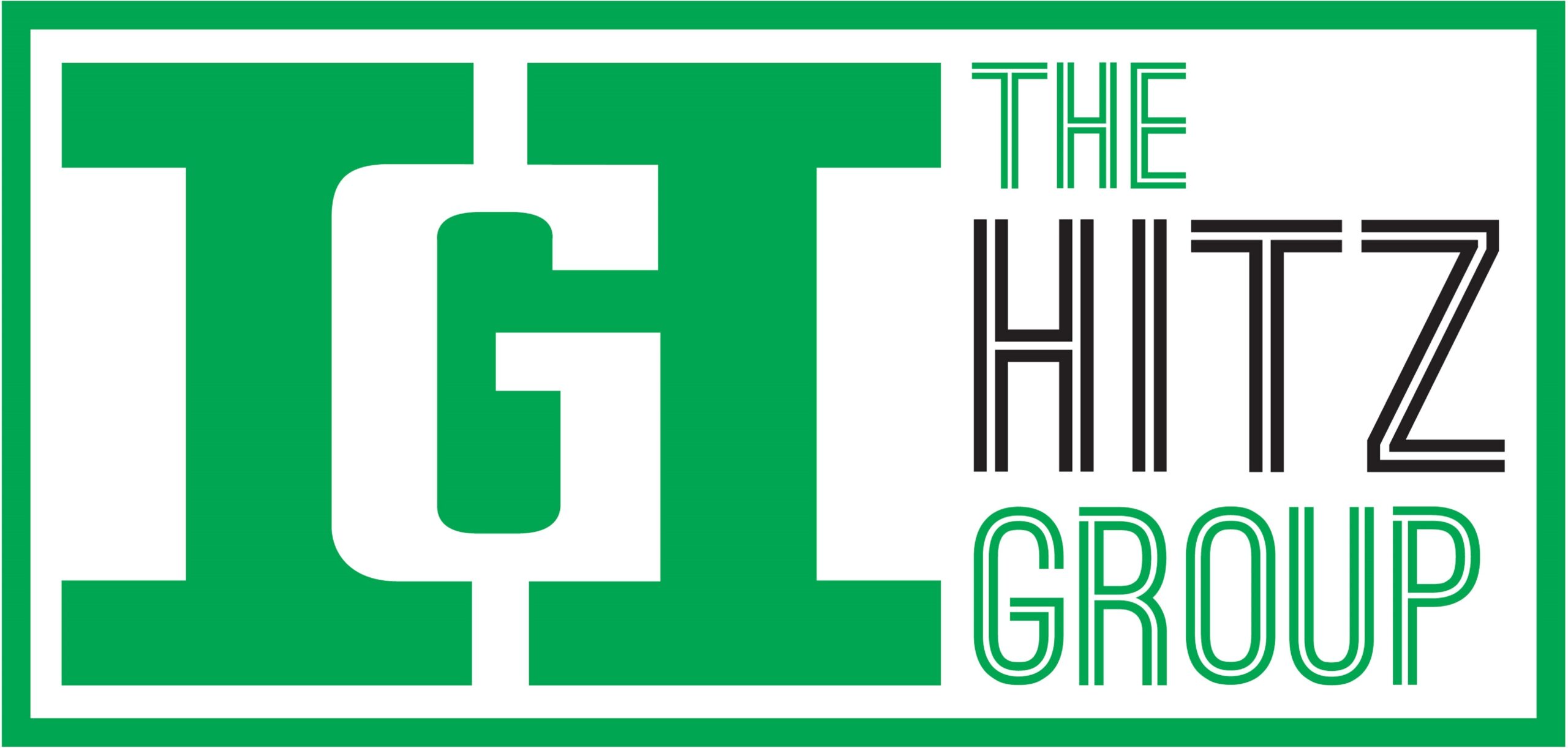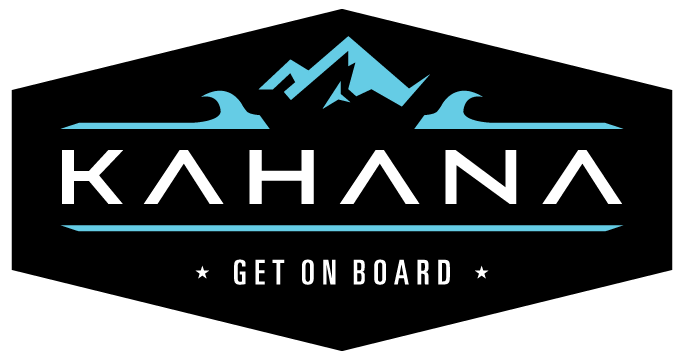
Here’s a little story…
I grew up in a family business, in an industry called the Insurance Service industry. It’s an arm of the greater insurance industry, but doesn’t involve any of the policy writing, and addresses risk management. As a company we performed Premium Audits (bringing estimates and actuals into congruency) and Loss Control Inspections (making sure places don’t go boom). Yes there is a lot more to it than these simple definitions, but the point of the industry is to help protect both the insured (policy holder) and the carrier (policy writer). We protect people and places by ensuring the operation and physical representation of that operation are safe for the people working in them, and safe for the people insuring them. Not too crazy of a concept. So what does this have to do with conflict resolution? A lot!
The idea behind risk management (work performed above) is do take a proactive approach to how you operate. The same is true for Conflict Resolution, in that you want to be proactive. The better you can plan and practice for catastrophe, the better off you will be if/when catastrophe actually hits. On the insurance side of things, you make recommendations to the policy holder when necessary so that they are more protected, and protect their people more. On the conflict resolution side of things, you provide tools and resources through a coach/trainer/consultant to the person or team so that the CULTURE and emotional wellbeing of the team is protected. I will continue to draw similarities between these industries over time, but for now, let me share one simple comparative example.
Risk Management: Inspector gives a recommendation to clear combustibles away from the boiler or water heater (one of the most common recommendations ever!). Recommendation is followed to prevent a fire from those combustibles getting too hot and catching fire. Simple action, proactive and preventative in nature.
Conflict Resolution: Coach teaches the skill of clarifying questions to a manger, with a simple “If I understand you correctly, XYZ, is that right?”. This helps show the speaker that you are actually listening, and trying to understand what they are communicating. It shows curiosity and care. So… when an employee comes to the manager with a time off request that is last minute, the manager can say “If I understand you correctly, you need time off so that you can have a family reunion, is that right?”, the employee can answer with, “Actually, it isn’t a reunion, but a gathering that is a celebration of life”, the manager NOW understands correctly, and can proactively assist the employee, and prevent any team discord. This manager is Cultivating a ROCKSTAR team!
To wrap this up, and give you a little teaser. My family sold that business back in 2010. We exited a few years later. Once our non-competes lapsed we wanted to create a more intentional company. We know the industry, inside and out, and wanted to create something that had the culture we had cultivated at the beginning of the old company, but keep it to scale within the family and close connections so that we could stay focused on our customers and their needs, rather than the $$ like the new owners of the previous company. We wanted to make sure that our team members and customers know that THEY MATTER, and that we can have a fresh take on family, culture, mental health, AND do so in a traditionally stale industry. With that, KAHANA was born. I’m proud of what Kahana has done, and continues to do, and that The Hitz Group is a part of it all, as part of the family.
Proactively build your skills, and your culture, and the customers will meet you where you are!


